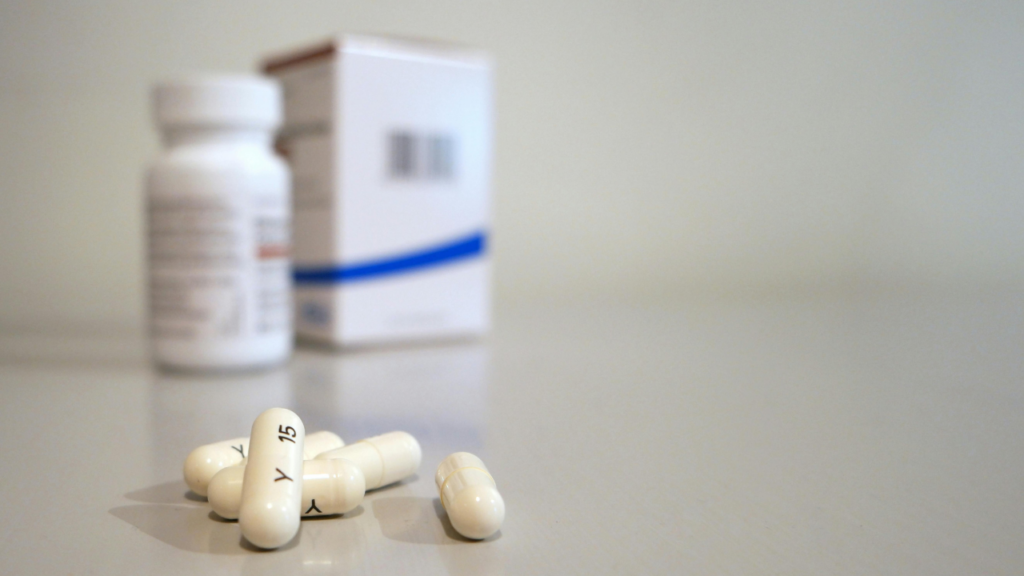In recent years, phenibut has gained popularity as a supplement promising to reduce anxiety, enhance cognitive function, and improve sleep. However, its potential for addiction and abuse has raised concerns among health professionals. This article delves into the nature of phenibut, its effects on the brain and body, and the risks associated with its use.
What is Phenibut?
Phenibut is a synthetic compound that was first developed in the 1960s in Russia. It’s structurally similar to the neurotransmitter gamma-aminobutyric acid (GABA), which plays a crucial role in regulating nervous system activity. Phenibut is known for its anxiolytic (anti-anxiety) and nootropic (cognitive-enhancing) properties.
Effects on the Brain and Body
Phenibut works primarily by binding to GABA-B receptors in the brain, which can lead to:
- Reduced anxiety and stress
- Improved mood
- Enhanced cognitive function
- Better sleep quality
- Decreased social inhibition
However, these effects come at a cost. Regular use of phenibut can lead to tolerance, dependence, and addiction.
The Addiction Potential of Phenibut
While phenibut is not as well-known as other substances of abuse, its addiction potential is significant. Several factors contribute to this risk:
- Rapid Tolerance Development: Users often find they need to increase their dosage to achieve the same effects, leading to a cycle of escalating use.
- Withdrawal Symptoms: Discontinuing phenibut can result in severe withdrawal symptoms, driving continued use.
- Psychological Dependence: The mood-enhancing and anxiety-reducing effects can create a strong psychological reliance.
Signs of Phenibut Abuse
Recognizing phenibut abuse is crucial for early intervention. Signs may include:
- Increasing dosage or frequency of use
- Experiencing withdrawal symptoms when not using
- Neglecting responsibilities due to phenibut use
- Continued use despite negative consequences
- Spending significant time obtaining, using, or recovering from phenibut
The Challenges of Phenibut Withdrawal
Phenibut withdrawal can be particularly challenging and potentially dangerous. Symptoms may include:
- Severe anxiety and panic attacks
- Insomnia
- Depression
- Tremors
- Hallucinations
- Seizures (in severe cases)
Due to these risks, medical supervision is strongly recommended for phenibut detoxification.

Legal Status and Accessibility
Phenibut exists in a legal gray area in many countries, including the United States. It’s not approved by the FDA for medical use but is often sold as a dietary supplement. This unregulated status contributes to its accessibility and the misconception that it’s safe for casual use.
Why People Turn to Phenibut
Understanding the appeal of phenibut is crucial in addressing its misuse. Common reasons for use include:
- Self-medication for anxiety or insomnia
- Desire for cognitive enhancement
- Social anxiety relief
- Recreational use for its euphoric effects
Treatment Options for Phenibut Addiction
Overcoming phenibut addiction often requires professional help. At JourneyPure At The River, we offer comprehensive treatment programs that address both the physical and psychological aspects of phenibut addiction. Our approach includes:
- Medically supervised detoxification
- Individual and group therapy
- Cognitive Behavioral Therapy (CBT) to address underlying issues
- Holistic treatments to support overall well-being
- Aftercare planning for long-term recovery
Safer Alternatives to Phenibut
For those seeking alternatives to manage anxiety or improve cognitive function, consider these safer options:
- Therapy and counseling
- Mindfulness and meditation practices
- Exercise and proper nutrition
- FDA-approved medications (under medical supervision)
- Natural supplements like L-theanine or ashwagandha (consult with a healthcare provider)
Get Addiction Help
While phenibut may offer short-term benefits, its potential for addiction and severe withdrawal symptoms make it a risky choice for managing anxiety or enhancing cognition. If you or someone you know is struggling with phenibut use, it’s crucial to seek professional help.
At JourneyPure At The River, we understand the complexities of addiction and offer compassionate, evidence-based treatment to help individuals reclaim their lives. Don’t let phenibut control your future. Take the first step towards recovery today.
Call JourneyPure At The River at 629-222-9449 to learn more about our treatment programs and how we can support your journey to lasting recovery.
